 The Witch of Willow Hall by Hester Fox
The Witch of Willow Hall by Hester Fox
My rating: 4 of 5 stars
**4.5-stars**
Forced to flee Boston in the wake of scandalous rumors, the Montrose Family, moves into their summer estate, Willow Hall, in New Oldbury, Massachusetts. The three sisters – Catherine, Lydia & Emeline – take the move as well as can be expected and before too long are settling into their new life with only minor complaints.

The setting and language of this novel are absolutely beautiful. I was surprised to learn this is a debut as the writing seems so experienced. I loved the gothic vibes that extend throughout the story. There is always an underlining feeling of menace just under the surface. In regards to witchcraft, it is subtle in nature, and I felt very well portrayed. It is by no means the bulk of the story but hints of it are sprinkled throughout with it becoming a more prominent feature in the second half.

The interactions between the sisters, particularly Catherine and Lydia, reminded me so much of Downton Abbey with Mary and Edith. It is not a warm and fuzzy sisterly relationship by any means and in fact, their constant battling provides most of the drama in the book.

There is also quite a bit of romance. I am so exhausted by the courtship patterns of this time period. I just cannot even imagine dealing with all that formality. No one ever seems to say what they feel. GAHHHHHHH. Honestly, it’s a wonder anyone ended up with the person they wanted to be with!

Overall, I was very impressed with the book. It was a pleasure to read. All the drama, the overarching feeling of suspense, the subtle supernatural undertones, the hauntings, the domestic drama – soooo fun!

I did take off a half a star just because there were moments where I felt the drama was repetitive and could have been shortened up a bit but that is very slight and 100% my opinion. I would definitely recommend this book to anyone who loves historical fiction, especially if you enjoy things with a gothic atmosphere.
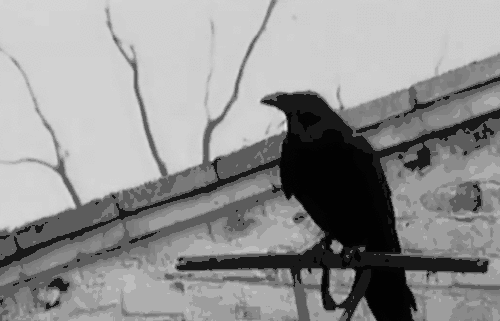
Thank you so much to the publisher, Graydon House Books, for providing me with a copy to read and review. I very much appreciate the opportunity and and am kicking myself for not having picked this up in October as I had originally planned. I cannot wait to see what Ms. Fox comes up with next!
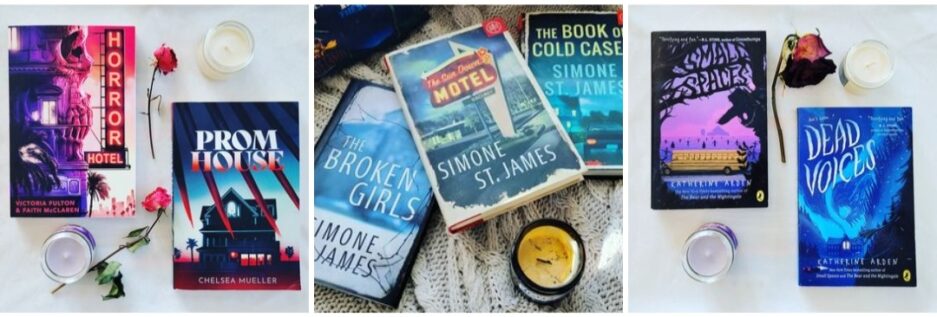



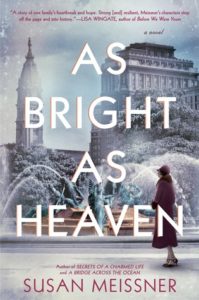 Publication Date: February 6, 2018
Publication Date: February 6, 2018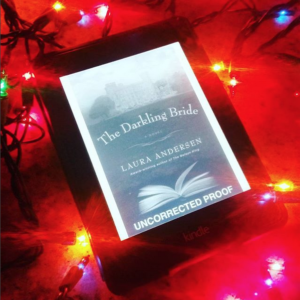 Hello book friends! I just wanted to give a quick status update on my progress through The Darkling Bride by Laura Andersen. As I may have mentioned in a earlier post, I received an Advanced Readers Copy (ARC) of this book from the publisher, Ballantine Books, in exchange for an honest review which has an expected publication date of April 2018.
Hello book friends! I just wanted to give a quick status update on my progress through The Darkling Bride by Laura Andersen. As I may have mentioned in a earlier post, I received an Advanced Readers Copy (ARC) of this book from the publisher, Ballantine Books, in exchange for an honest review which has an expected publication date of April 2018.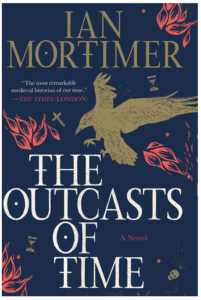 Wow – what a book! I know I will be mentally processing this one for a while – thank heavens for Kindle highlighting. I did a lot of highlighting during the course of reading this book, not because the concepts were difficult to understand or follow but because they were so meaningful. Ian Mortimer, as many know, is a wonderful historian, and he doesn’t disappoint with this work. The Outcasts of Time is indeed a work of fiction but is replete with very specific historical details; it runs through every element of the story.
Wow – what a book! I know I will be mentally processing this one for a while – thank heavens for Kindle highlighting. I did a lot of highlighting during the course of reading this book, not because the concepts were difficult to understand or follow but because they were so meaningful. Ian Mortimer, as many know, is a wonderful historian, and he doesn’t disappoint with this work. The Outcasts of Time is indeed a work of fiction but is replete with very specific historical details; it runs through every element of the story.